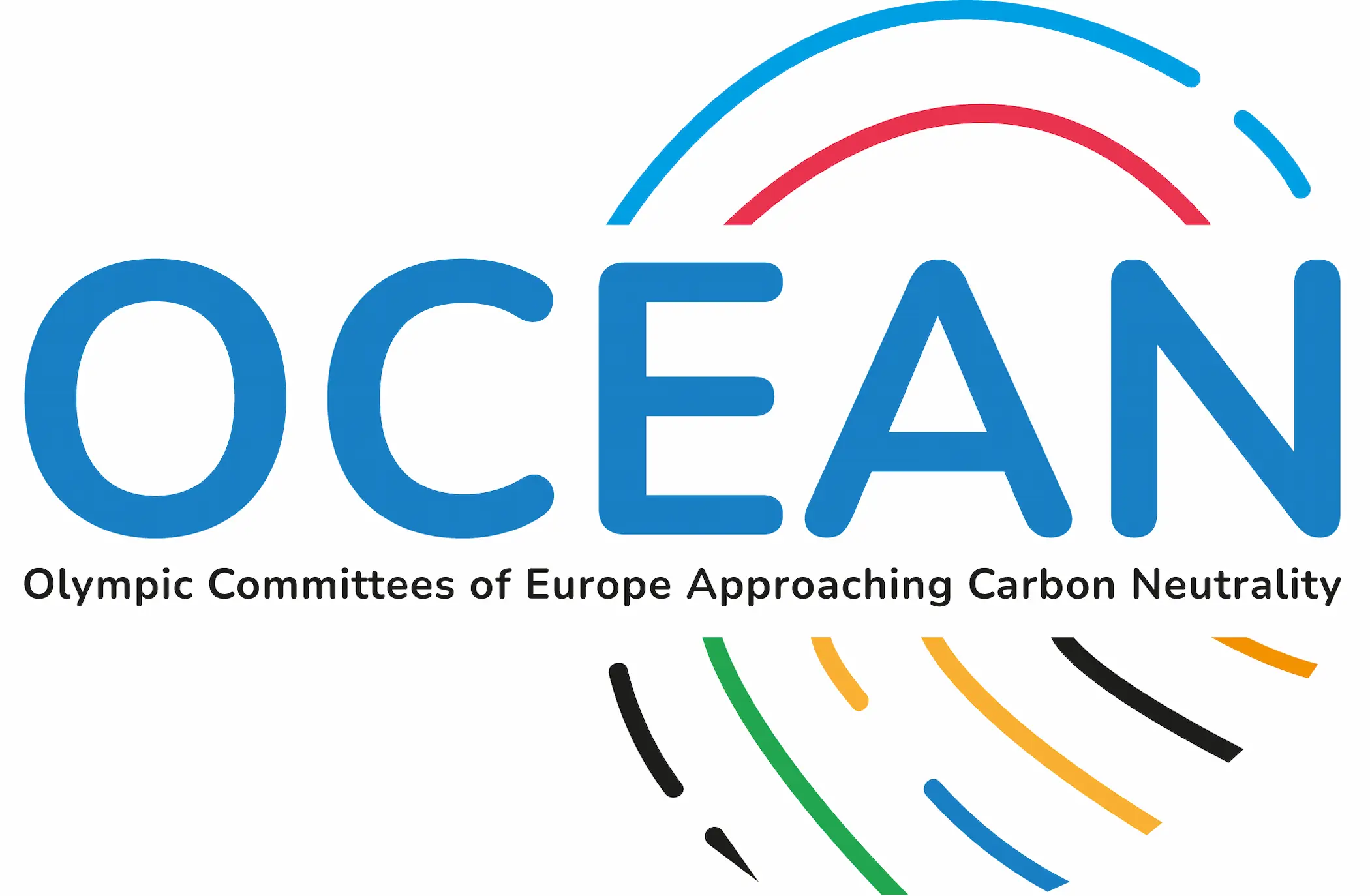Following the first Module that took place in February in Brussels,, the 18 Climate Action Officers attended the second Module of the ‘Climate Action in Sport’ Training Course of the OCEAN Project online, which focused on their role and empowerment within their respective organisations.
During the first session, the Climate Action Officers received feedback and advice from experienced sustainability officers in charge of the green transition of their sports organisations.
Among them:
🔹 Bianca Quardokus, Sport Facilities, Environment and Sustainability Officer at the German Olympic Sports Confederation (DOSB);
🔹 Trine Keinicke Sørensen and Lasse Lyck from the NOC and Sports Confederation of Denmark (DIF);
🔹 Marleen Wielemaker, Programme Manager Sustainability at the Dutch Olympic Committee*Dutch Sports Federation (NOC*NSF);
🔹 Warwick Waters, Head of Advocacy and Stakeholders Engagement at the Australian Olympic Committee (AOC);
🔹 Riikka Rakic, Head of Sustainability at the International Biathlon Union (IBU);
🔹 Jamie McKeown, Sustainability, Diversity & Inclusion Manager at World Rugby.
In a panel discussion, the speakers first presented their academic and professional backgrounds and then addressed various topics relevant to the successful completion of their missions as Climate Action Officers, such as: staff and board engagement, dedicated budget for sustainability/climate, internal and external communication, and tips for accurate carbon footprint measurement.
Based on this feedback and their personal experience, the participants were able to draw up a detailed description of the role of the Climate Action Officers in working groups (see here). To conclude, participants had the opportunity to share the first actions they implemented within their NOCs since the end of Module 1 of the OCEAN project, based on the pledges made while in Brussels (see here).
The second session was led by Matthew Campelli, Sustainability Director of Touchline and seasoned consultant on sustainability for sport organisations. In a session on the do’s and don’ts of strategic communication on sustainability, Climate Actions Officers discussed in groups the right approach to internal and external stakeholders of the NOCs, whose engagement in climate action is necessary for a credible carbon footprint reduction strategy. Participants were also asked to draft a concrete communication plan for their NOC in the framework of the OCEAN project.
The third and last session was dedicated to staff engagement and empowerment activities, with general tips as to how to build and carry messages to convince internal stakeholders to engage in climate action. This was followed by an experience-sharing on concrete activities that can be implemented within the organisation.
🔹 Lise Van Long, Sustainability Manager at the International Olympic Committee (IOC) gave an overview of the IOC Sustainability Strategy implemented since 2017, and then presented some concrete activities put in place to engage IOC staff and board members (e.g. Green Week, carbon budget for travelling).
Partner NOCs (especially NOC Denmark, NOC Bosnia and Herzegovina, NOC Romania and NOC Slovakia) then presented the in-house trainings and presentations already done with their staff and directors since the beginning of the project.
Module 3 of the Training Course for Climate Action Officers will take place at the IOC and ANOC Headquarters in Lausanne in Spring 2024. Until then, the carbon footprint measurement process will start with the data collection and Seminars provided by the Öko-Institut to support Climate Action Officers.
The OCEAN Management Team congratulates all 18 Climate Action Officers for their commitment to making our sport more sustainable!

